The Naturopathic Approach to Reducing Pain and Inflammation in Dogs

By Dominique McGuire
Ensuring the comfort and well-being of dogs is paramount, especially when they suffer from joint pain and inflammation. When Frank, my little 2.8kg pocket rocket long-haired Chihuahua, faced the daunting reality of knee surgeries for luxating patellas in 2018 and a cruciate ligament tear in 2020, I knew I had to approach his recovery and long-term health holistically. As a clinical naturopath, I focus heavily on nutrition, lifestyle factors, and herbal medicine to achieve good health. Guided by naturopathic principles, I have managed his joint health with minimal interventions to support his overall well-being. Keep reading to find out how a balanced raw food diet has played a crucial role in keeping my now 7.5-year-old Chihuahua active, healthy, and arthritis-free.
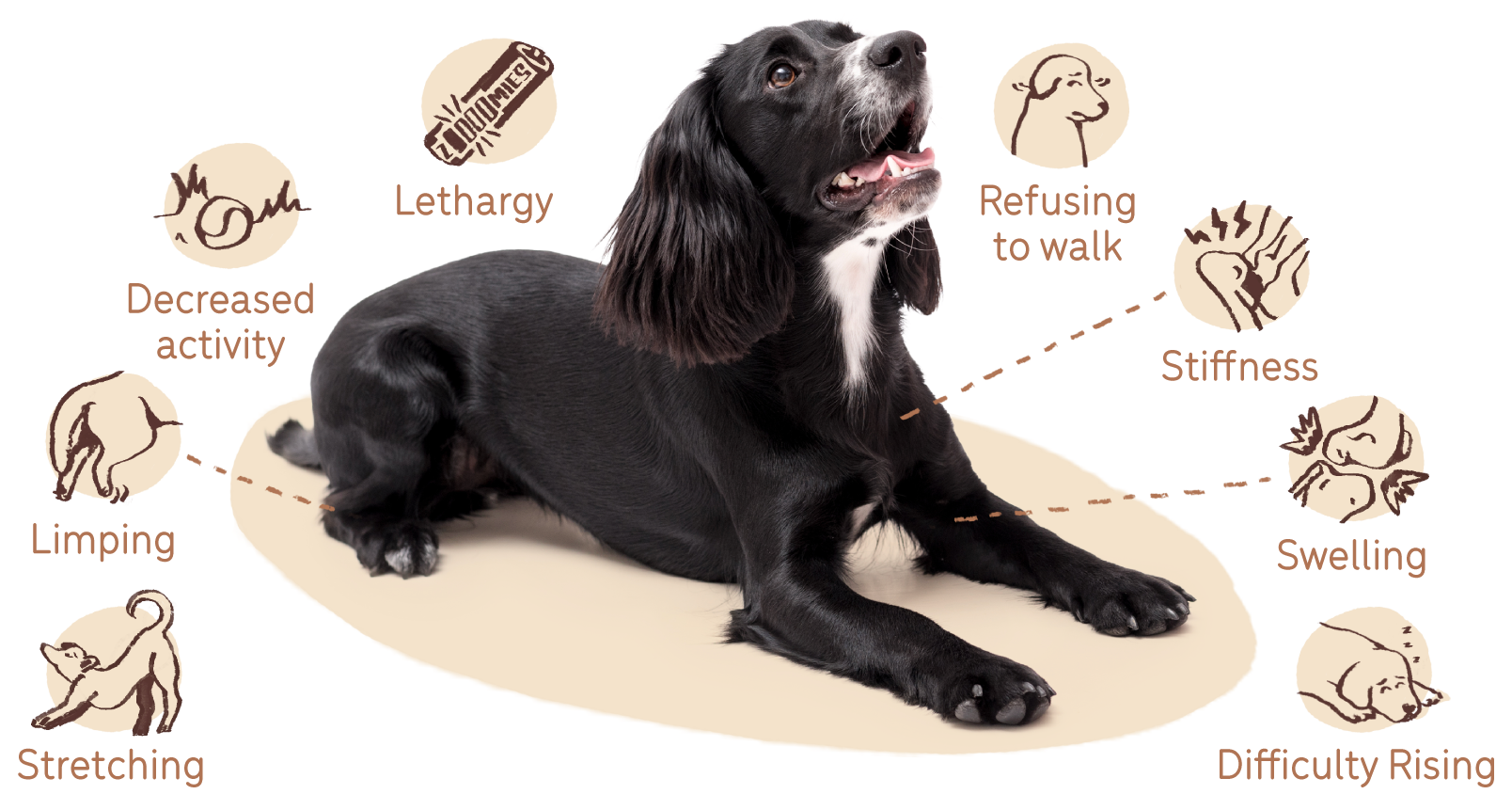
Identifying joint pain in dogs early is crucial for effective management. Common symptoms include:
- Swelling: Joints may appear visibly swollen or feel warm to the touch.
- Stiffness: Dogs may show stiffness, especially after resting or during cold weather.
- Stretching: Frequent stretching can indicate discomfort and an attempt to relieve joint stiffness.
- Limping: Limping or favouring one leg over another is a clear sign of joint pain.
- Refusing to Walk: Dogs may refuse to walk, climb stairs, or jump due to pain.
- Decreased Activity: Reduced interest in play or exercise is often linked to joint discomfort.
- Difficulty Rising: Struggling to get up from a lying or sitting position is a common symptom.
- Lethargy: General lethargy and a decrease in overall activity levels can also be indicators.
As a naturopath, my treatment aims for anyone (dog or human) experiencing joint pain are centred around holistic and natural approaches. My primary goals are to reduce pain with symptomatic relief without relying on NSAIDs or pharmaceuticals, as these can have long-term impacts on our health. Instead, I focus on natural supplements, lifestyle changes, and dietary adjustments to manage pain effectively.
Reducing inflammation is another key objective. Chronic inflammation can exacerbate joint pain and lead to further complications. By incorporating anti-inflammatory foods and supplements, we can mitigate inflammation and promote joint health.
Chronic pain doesn’t just affect physical health; it can significantly impact mental well-being as well. For both humans and dogs, chronic pain can lead to depression, anxiety, and a decreased quality of life. By managing pain and inflammation naturally, we aim to improve overall quality of life, fostering both physical and emotional well-being.
Reducing Pain and Inflammation Through Diet
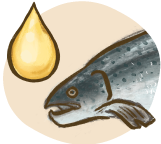
Omega-3 Fatty Acids
Omega-3 fatty acids, found in both animal and plant sources, are essential for reducing inflammation in joints. These fatty acids decrease the production of inflammatory cytokines and enzymes that contribute to joint damage.
- Animal Sources: Oily fish like salmon is an excellent source of omega-3 fatty acids. Including salmon in a dog’s diet provides these essential fats, supporting joint health and reducing inflammation.
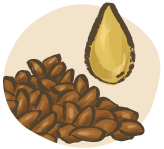
- Plant-Based Sources: Flaxseed and cold-pressed flaxseed oil are rich in ALA (alpha-linolenic acid), a type of omega-3 fatty acid. While ALA is less potent than EPA and DHA, it still contributes to reducing inflammation.
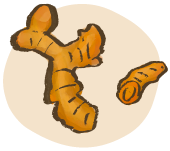
Turmeric (Curcumin)
Curcumin, the active compound in turmeric, is a powerful anti-inflammatory agent. It inhibits inflammatory pathways and can be given as a supplement or mixed into a dog’s food.
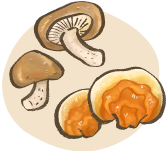
Medicinal Mushrooms
Mushrooms like Reishi and Shiitake have anti-inflammatory and immune-boosting properties. They contain beta-glucans, which modulate the immune system and reduce chronic inflammation.
Preventing Arthritis
Regular Exercise
Regular, low-impact exercise such as swimming or walking helps maintain joint flexibility and muscle strength. High-impact activities that can strain the joints should be avoided in those showing signs of arthritis or joint pain.
Weight Management
Keeping dogs lean reduces stress on their joints, preventing the development and progression of arthritis. Strategies for maintaining an ideal weight include a balanced diet and regular exercise. I love this guide from Big Dog which can help to determine whether your dog is at a healthy weight.
Beneficial Food Ingredients for Joint Health
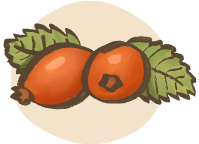
Rosehip
High in vitamin C and antioxidants, rosehip supports joint health and reduces inflammation. Rosehip powder can be added to a dog’s food.
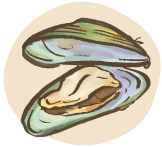
Green-Lipped Mussels
Rich in omega-3 fatty acids, glucosamine, and chondroitin, these mussels support joint health by reducing pain and inflammation while promoting cartilage repair.
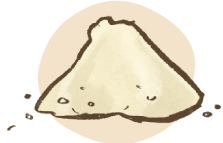
Colostrum
Contains growth factors and antibodies that support overall health, including joint and gut health. Colostrum supplements aid in tissue repair and reduce inflammation.
A raw diet provides dogs with natural, unprocessed nutrients essential for their overall health, including joint health. Nutrients in raw food are more bioavailable, meaning they are more easily absorbed and utilised by the body. This enhances nutrient uptake and overall health while reducing inflammation by excluding grains and fillers found in kibble.
The gut-joint connection is vital. A healthy gut reduces systemic inflammation and improves nutrient absorption. Probiotics and prebiotics maintain a healthy gut microbiome, supporting overall health.
Incorporating small amounts of fermented foods like kefir or sauerkraut into a dog’s diet can improve gut health by introducing beneficial bacteria and enzymes that support digestion.
In addition to a healthy diet, we have incorporated other modalities to further reduce inflammation, including acupuncture (which we still do now!), massage, and physiotherapy after surgery to rebuild muscle that had atrophied during the recovery period. Although hydrotherapy is another option, we haven’t explored that avenue yet. We also supplement with palmitoylethanolamide (PEA), which reduces inflammation and acts as an analgesic, minimising the need for pharmaceutical pain relief. Additionally, I use liquid herbal medicine to further reduce inflammation and pain. However, as the saying goes, “you can’t out-supplement a bad diet!” It’s crucial to nail the basics with a balanced, raw, species-appropriate diet, and Big Dog makes it easy to tick all the nutrition boxes!
For a diet that supports your dog's joints, check out Nourish Nutrition Joint+ Support
About the Author - Dominique McGuire.

Introducing Dominique McGuire, a clinical naturopath for humans based in Sydney’s Northern Beaches. Dominique holds a Bachelor of Health Science (Naturopathy) and is registered with the NHAA (Naturopaths and Herbalists Association of Australia). Through her business, The Pillars Naturopathy, Dominique helps people feel great again by listening to their needs and providing treatments with minimal intervention, firmly believing in the body’s ability to heal itself with a little extra support.
Dominique is also the proud owner of a 7.5-year-old Chihuahua named Frank, her soul-dog. Originally named Frankie, he matured into “Frank” over time. Frank has undergone two knee reconstructions and now has a knee full of metal, with Dominique’s wallet a little lighter as a result. His first surgery for luxating patellas occurred when he was 1.5 years old in 2018, followed by a TPLO (tibial-plateau-levelling osteotomy) for a ruptured cruciate ligament in 2020. Since then, Dominique has leveraged her expertise as a naturopath to prevent arthritis and ensure they can continue adventuring together, pain-free, with Frank as her co-pilot.
